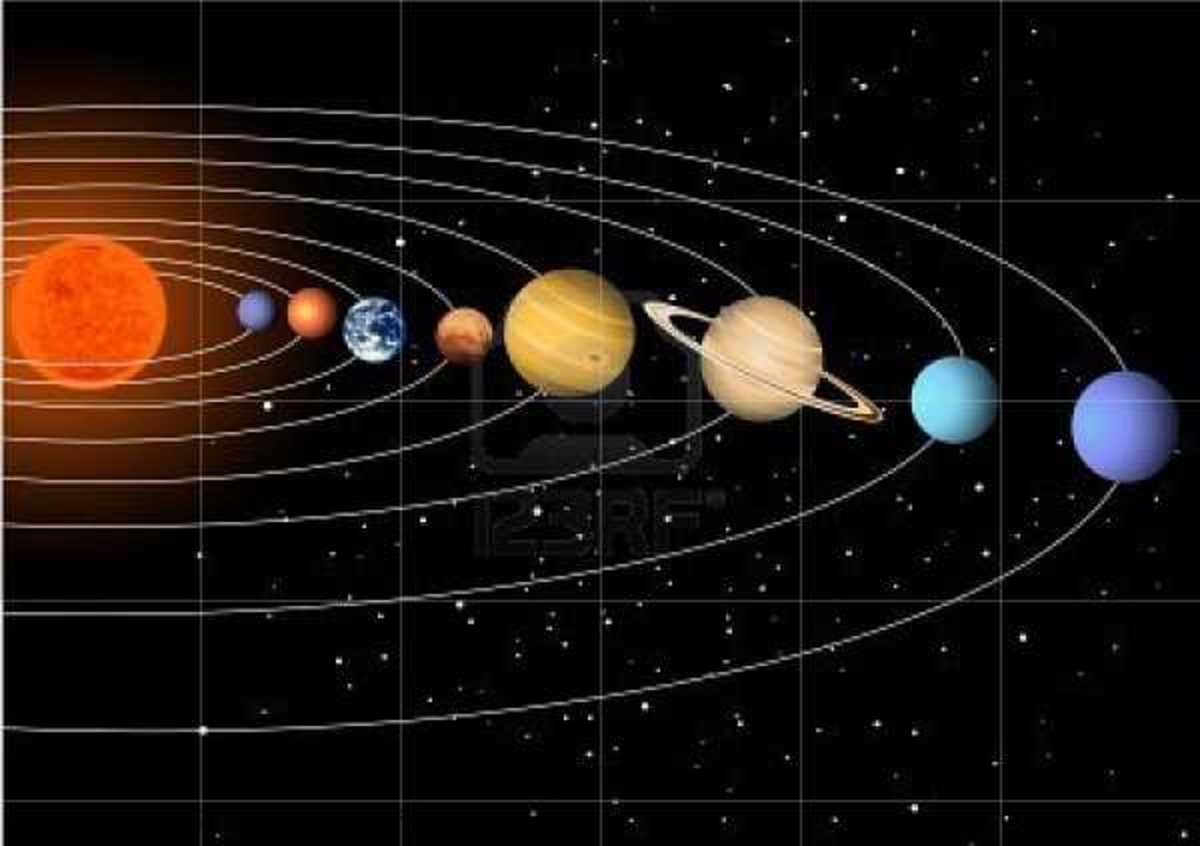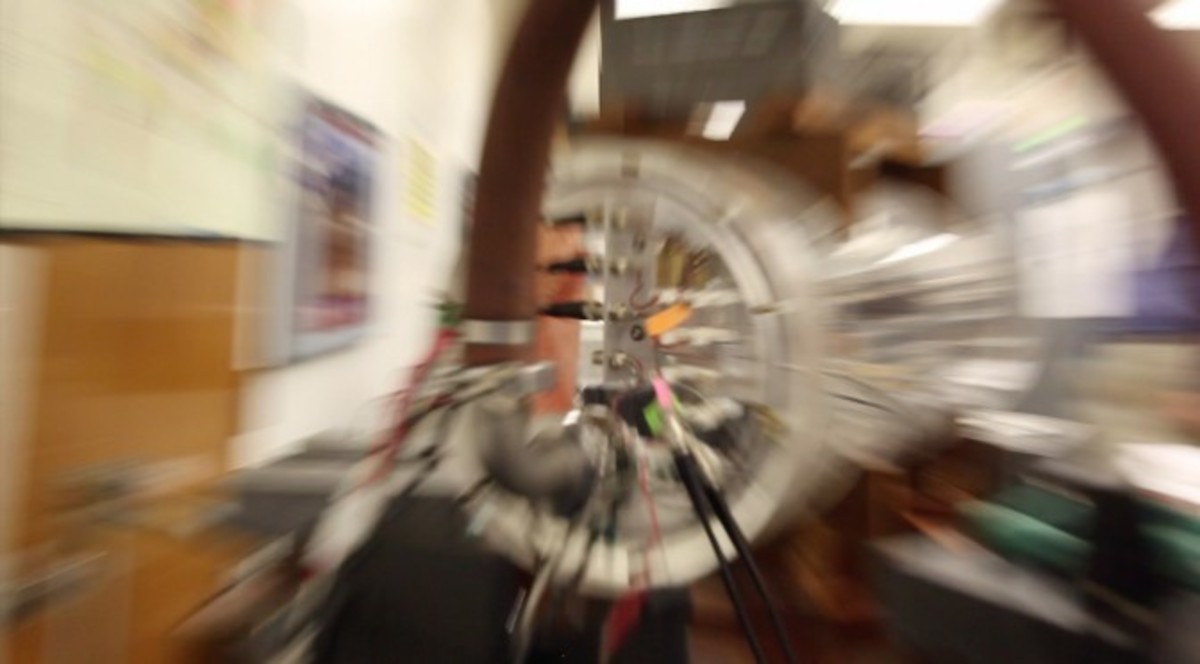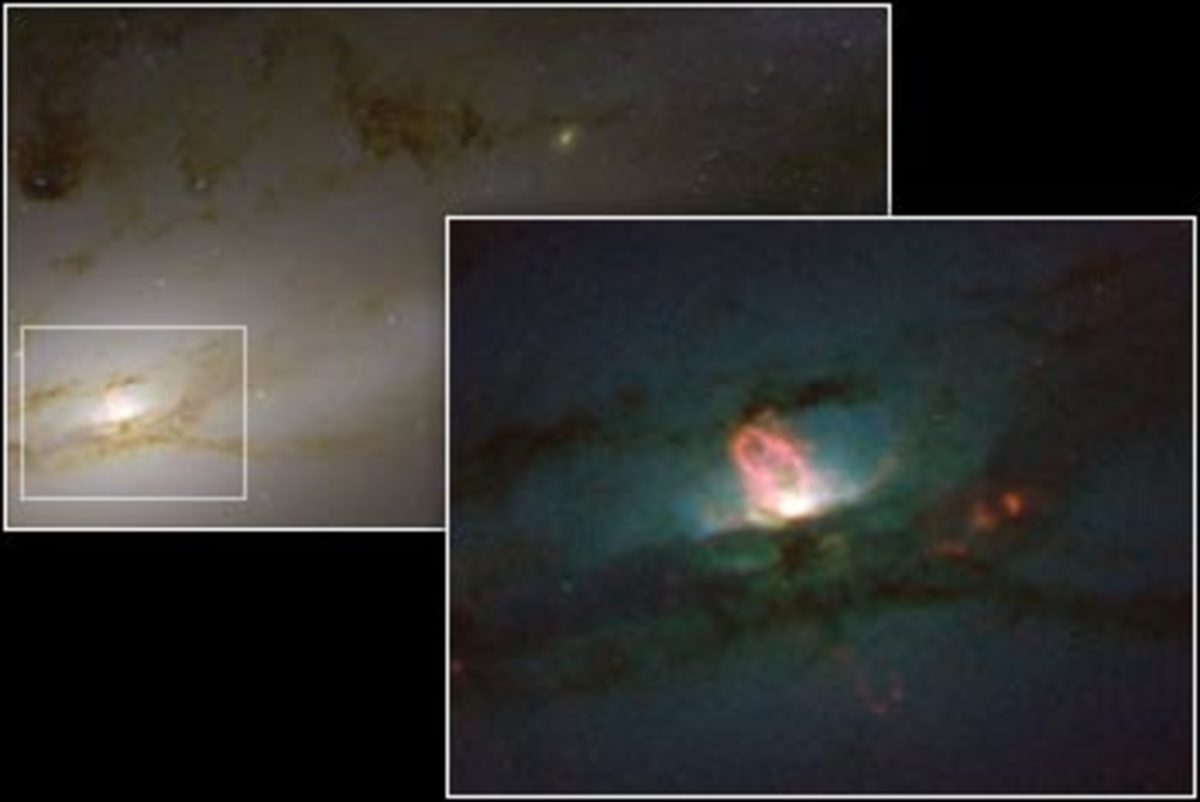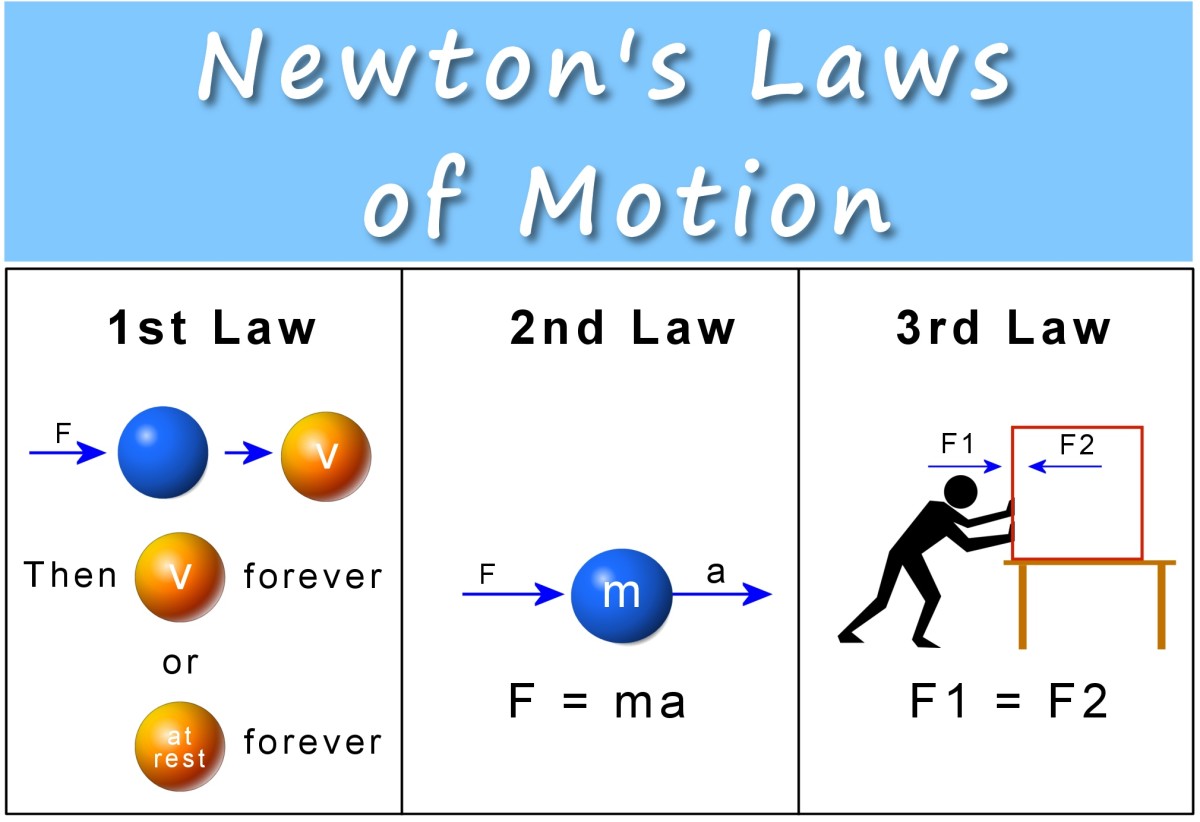What are Gravitational Fields?

I shall try to put this as plainly as I can, with as little reliance on scientific words as possible. Please feel free to mention in the comments if I have diverted into gobbledegook and you would like a better description of this in easier to understand English!
Anyway, simply speaking, gravity is the strength or energy that acts between two bodies with mass. The greater the mass and the closer the distance between the objects, the greater the energy between them, and the gravitational field is the area over which that energy is felt.
OK, so that is the bare bones, let’s look into this in a bit more depth.
Gravity is a force of attraction (it never repels anything, only attracts – how personable is that!?) between all things with a mass. You can’t feel the attraction from a table if you were sitting near it because it is very small. However, you can feel the attraction that the earth has on you and other objects around you because otherwise you would fall off into space. This is because our planet is very large in comparison to the table and so the pull is also therefore bigger.
On earth, this force causes objects with mass to accelerate towards it at a constant 9.8m/s2. So this means that any object that is dropped from a decent enough height (if it is too close to the ground it won’t have time to reach 9.8m/s2) will have the same acceleration, whatever the shape or size of the object.
Now strictly speaking, this would be true if we had no atmosphere around the planet, but as we have, we do have to take air resistance into the equation. You would see that a feather would have more air resistance than a steel ball for instance, and as such would take longer to reach the ground. But this is due to the air resistance not to a difference in the gravity itself.
Gravity also is how planets keep their orbits. In our solar system, the planets are attracted to the sun, but are in motion around it. The attraction and the movement balance each other out to enable the planets to continue moving around and around. The same is true of the moon orbiting the earth. They both have a pull on each other, the moon to a lesser extent of course as it is smaller, but with enough forward motion it keeps to the same orbit day after day.
The closer objects are, the greater the pull between them. This means that those planets closer to the sun will have to have more forward motion, i.e. move faster, to counteract the greater pull that the sun is having on them.

So, in conclusion, the gravitational field of any object is the area around that object that is exerting that attraction. So, for the earth, the field would be the area around it where if something were dropped, it would still fall to the ground, not fly out into space. The gravitational field at any point in space is the pull felt by a mass placed at that point. If you are measuring this though, the mass itself must be small enough not to cause its own distortion of the gravitational force or we will get into a real mix up!
The real science behind this is Newton’s law of universal gravitation which states that every point mass in the universe attracts every other point mass with a force that is directly proportional to the product of their masses and inversely proportional to the square of the distance between them. In reality this means that for 2 objects A and B, the gravitational force is proportional to the mass of A multiplied by the mass of B divided by the square of the distance between them.
If the gravitational force is F the mass of A is ma the mass of B is mb the distance between them is r and the gravitational constant is G
Then the equation would look something like this F = G x ma x mb r2
And hopefully this has explained things a little more. Please feel free to comment if there is anything else you would like to know more about.
- What is Dark Matter?
Ever wondered what astronomers are on about when they talk about dark matter? This is an explanation easy enough for everyone to understand even without a physics degree. - What is Warm Dark Matter?
Is it nearer to Hot Dark Matter or Cold Dark Matter and what exactly is it? - Cold Dark Matter (CDM)
What is Cold Dark Matter? Hopefully, this, along with my main explanation of dark matter itself will help you to understand a bit more about it. - What is Hot Dark Matter?
How does Hot Dark Matter differ from Warm Dark Matter and Cold Dark Matter and is it a valid hypothesis?








